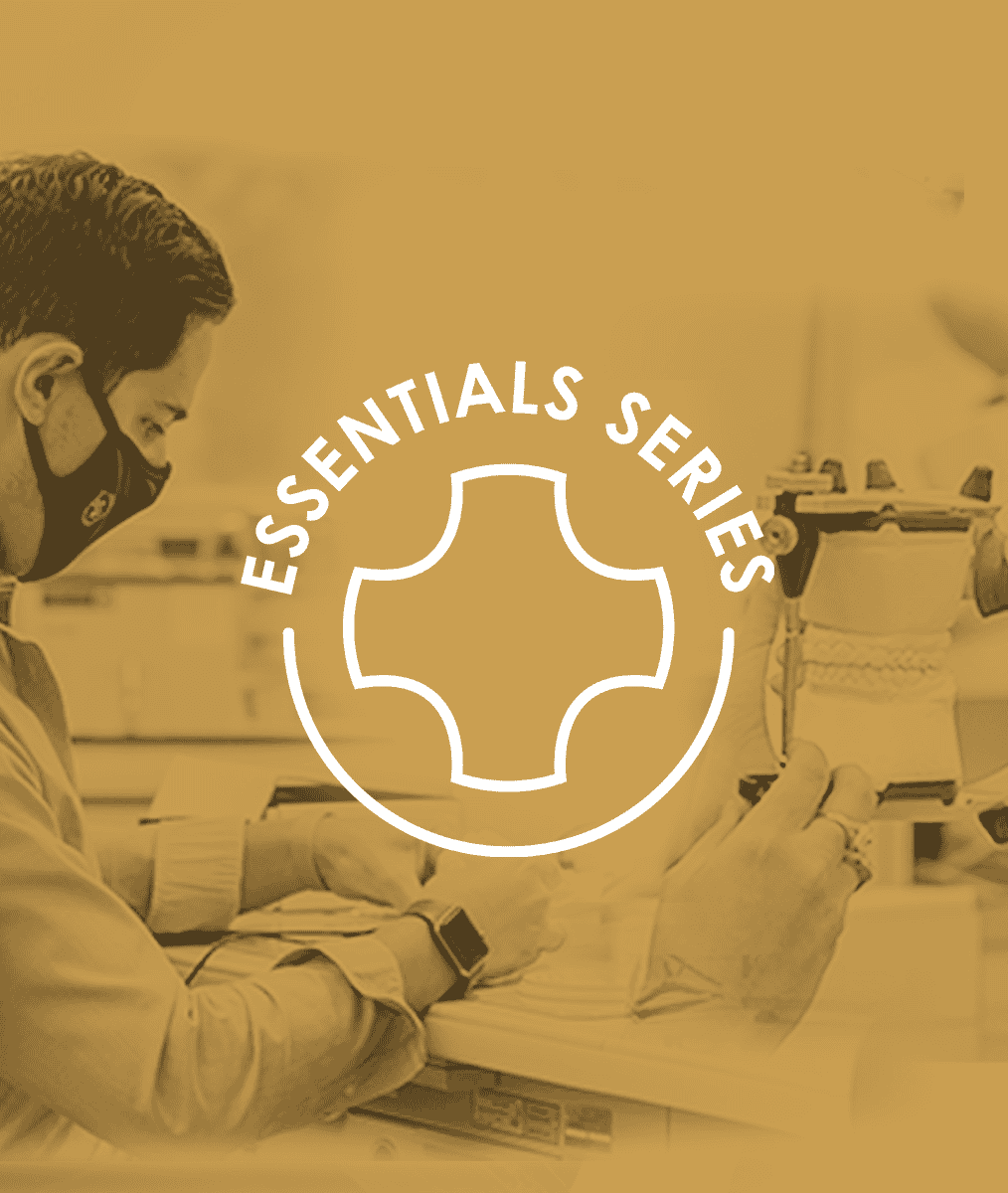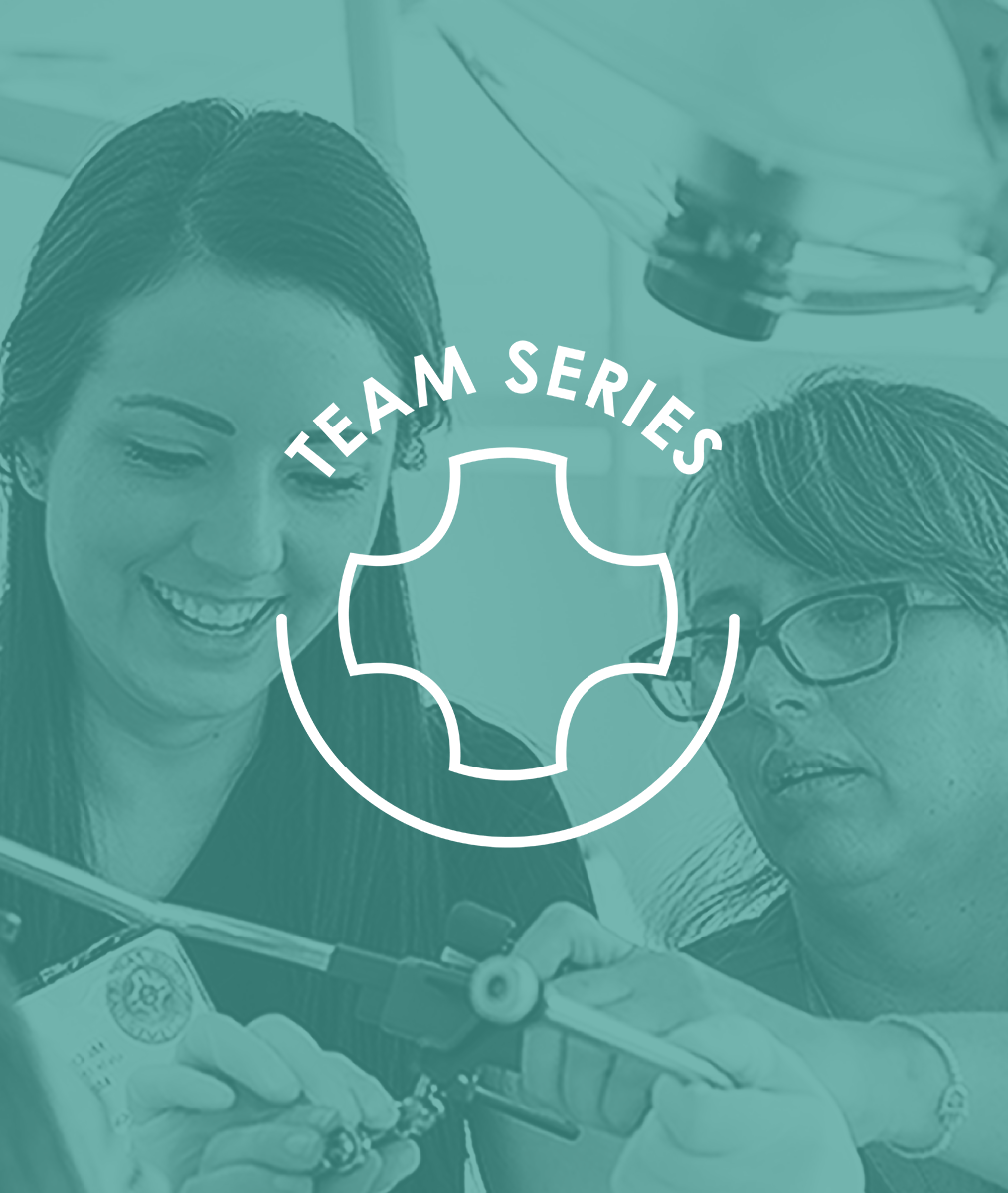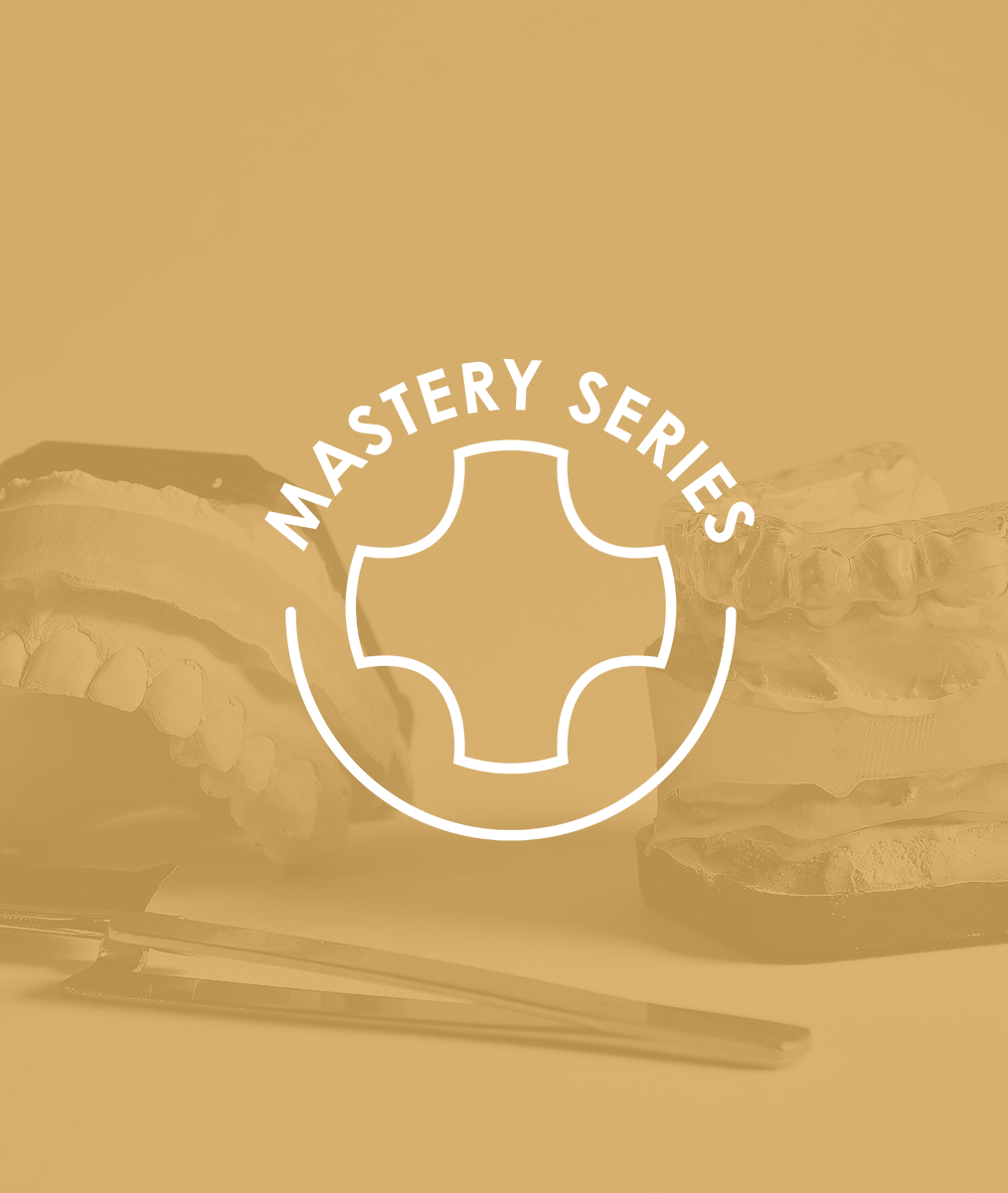Know Your Work: Examination & Discovery
The best dentists I know mastered the art of examination and discovery first. They learned to understand their patients’ conditions and how they relate to one another.
Leadership Through Discovery & Complexity
In that process of discovery, highly competent dentists learn to navigate complexity by confidently using reference points. These guide their understanding of what they discover. They train their eyes to see the details of esthetics, tooth structure, function, and periodontal type and status. Their fingers learn to feel the dynamic nature of the patient’s functional system.
They use every available form of imaging and records that add meaning to their discovery. Ultimately, they intentionally, systematically, and thoroughly develop a diagnosis that can determine the treatment plan. They manage complexity by moving toward simplicity.
Absolute and relative reference points serve as guides in designing the optimal scheme for the patient. When the patient’s teeth, gingiva, bone, functional scheme, and esthetics have been lost, those reference points tell you where to start and where to end. They both establish and limit what needs to be created.
Managing Complex Cases
Dentists at this level possess a very sound understanding of the dental functional system and a very detailed understanding of dental esthetics. They specially focus on how these two systems relate to one another.
They also understand their role in coordinating, guiding, and leading their interdisciplinary team in managing the complex case. To be certain, every member has a strong voice in developing and executing the treatment plan. Leadership in knowing your work really becomes visible in this process.
Someone has to decide where the case is going and how it is going to get there. There are many voices in the process, but at the end of the day that someone has to be you the leader, who also happens to be the first and final designer of the beautiful smile that is being restored to health.
Related Course
E4: Posterior Reconstruction and Completing the Comprehensive Treatment Sequence
DATE: February 26 2026 @ 8:00 am - March 2 2026 @ 2:30 pmLocation: The Pankey Institute
CE HOURS: 44
Dentist Tuition: $ 7500
Single Occupancy with Ensuite Private Bath (per night): $ 355
The purpose of this course is to help you develop mastery with complex cases involving advanced restorative procedures, precise sequencing and interdisciplinary coordination. Building on the learning in Essentials Three…
Learn More>























